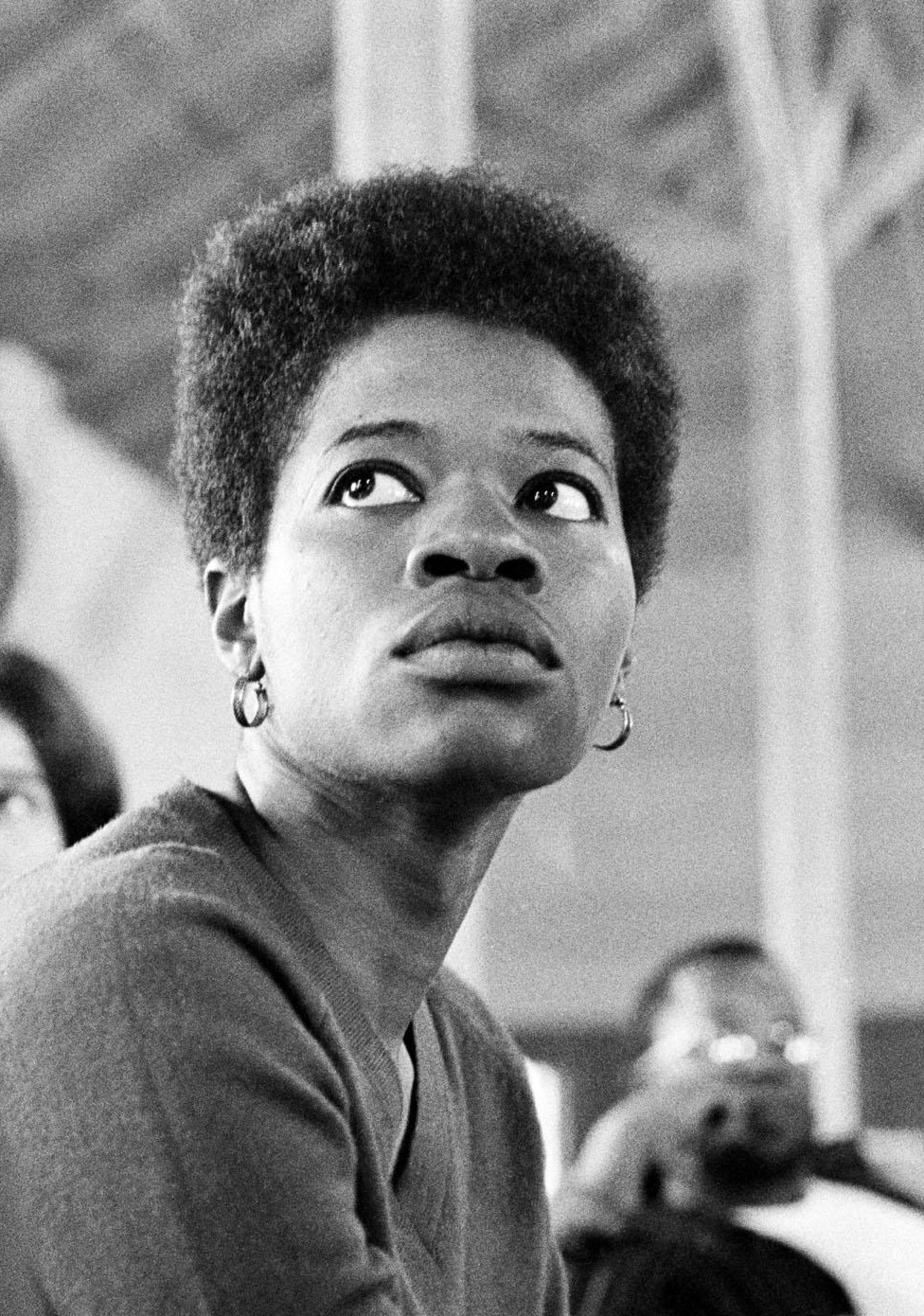Brief
The Student Nonviolent Coordinating Committee (SNCC) was founded on April 15, 1960.
After the student-led sit-ins at segregated lunch counters in Greensboro, North Carolina, and Nashville, Tennessee, ELLA BAKER, then a key figure in the Southern Christian Leadership Conference (SCLC), convinced the SCLC to invite student sit-in leaders to the Southwide Youth Leadership Meeting at Shaw University in Raleigh, North Carolina, over Easter Weekend in 1960. SNCC was officially formed during this meeting.
During the meeting, Baker advised the students to be wary of a "leader-centered orientation" and urged them to focus on grassroots organizing and collective leadership. Again, in 1961, Baker persuaded SNCC to divide its efforts into two wings: one focusing on direct action, such as sit-ins, freedom rides, and peaceful protests, and the other on voter registration, particularly in the rural South.
SNCC worked closely with other civil rights organizations, including the SCLC, Congress of Racial Equality (CORE), and the NAACP and they played a pivotal role in several major events of the civil rights movement, including the Freedom Rides (1961), the 1963 March on Washington, and the Mississippi Freedom Summer (1964).
Women were instrumental to SNCC’s successes, taking on leadership roles in organizing voter registration drives, protests, and educational programs. Yet, despite their critical contributions, women still faced sexism and oppression within the organization. In 1964, two memos were written by a few women members of SNCC addressing these issues. These documents called out the marginalization of women in leadership and decision-making roles, highlighting the contradictions between SNCC's democratic ideals and its internal practices. Stokely Carmichael, an influential SNCC leader, remarked in response to one of the memos that "the only position for women in SNCC is prone." This comment underscored the pervasive sexism within the organization and became infamous for its dismissiveness of women’s contributions.
By 1966, under Carmichael’s leadership, SNCC began to embrace the concept of Black Power, which marked a shift toward self-determination, armed self-defense, and a more radical approach to civil rights. This shift alienated some of its earlier allies but resonated with many young Black activists who sought to assert control over their own liberation.
Some Women of SNCC:
Prathia Hall
Diane Nash
Victoria Gray
Annie Devine
Gwendolyn Zoharah Simmons
Anne Moody
Ruby Doris Smith-Robinson
Dorie Ladner
Dorothy Zellner
Casey Hayden
Mary King
SNCC’s remarkable history has been preserved through several initiatives:
-The SNCC Legacy Project and the SNCC Digital Gateway archive their contributions to the civil rights movement and document their principles of grassroots organizing.
-The Schomburg Center for Research in Black Culture, located in Harlem, houses a collection of SNCC newsletters, documents, and photographs, offering invaluable resources for understanding their work.


Attributions
Attributions
Attributions
Birth
Death
Resting Place
Language(s)
Spouse(s)
Partner(s)
Relatives
Associate(s)
Alma Mater
Influenced
Influenced By
Did You Know?
Colleague(s)
Collaborator(s)
Children
Awards & Honors
Parents
Occupation
Certification(s)
License(s)
Education
Organization(s)
Appointment(s)
Notable Works
Notable Performances
Notable Moments
Military Rank/Branch
Years of Service
Political Affiliation
Genre(s)
Preceptors
Legacy
Thesis
Books
Website
Stay Inspired Daily!
Sign up to receive daily notifications celebrating the achievements and contributions of Black women throughout history.

.svg)








